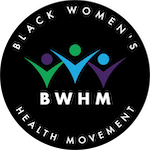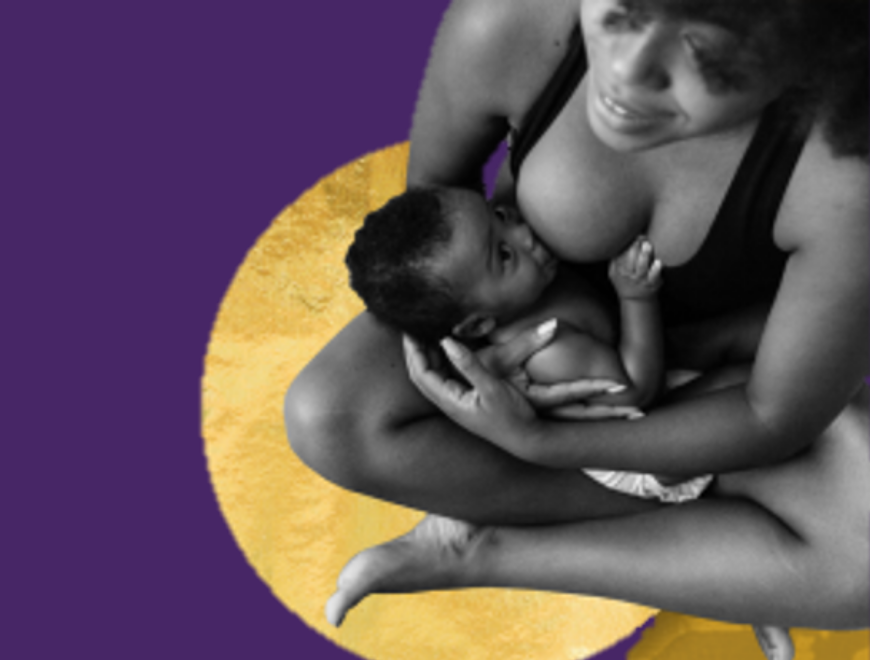Some Facts about the Maternal Health of Black Women
This is the fifth-year anniversary of the Black Maternal Health Week (BMHW) campaign. The Black Maternal Health Week (BMHW) takes place every year from April 11 –17 and was officially recognized by the White House on April 13th, 2021. It is a week full of awareness, activism, and community-building which aims to amplify Black Mamas’ voices and center the values and traditions of reproductive and birth justice movements. This is an important concern because black women are among the highest group facing birth health inequities who have been dying disproportionately during childbirth, far too often.
Below, Figure 1., highlights the realization that the Maternal Mortality Rate for Black women in 2020 was 55.3 deaths per 100,000 live births compared to 19.1 deaths per 100,000 live births of white women and 18.2 deaths per 100,000 live births for Latina women.

In Figure 2., the maternal mortality rates by age increased greatly for all women between 2018 and 2020. However, in each case rates increased more for Black women and the increase was dramatic for women 40 and over.

Today, there are ample findings, some of which are listed below that makes it clear, the maternal health of black women is a critical issue. Black moms deal with racial disparities that influencefair opportunities for economic, physical, and emotional health all of which affect wholesome maternal care. That’s why Maternal Health must be a collective concern that we have to all work together to improve. There is no substitute for the face-to-face maternal health care that mothers need but the systemic health equity issues that Black women face requires financial, medical, social, and political involvement, among other things.
Black Mamas Matter Alliance (BMMA) is one organization that is strengthening wellness structures within our communities and across the Diaspora as a revolutionary act in the pursuit of liberation, and in the global fight to END maternal mortality.
Additional Facts about the Maternal Health of Black Women from BMMA:
- Black women are 3 – 5 times more likely to have a maternal death than White women in the United States. Source: (blackmamasmatter.org)
- Black mothers are more likely to suffer from PMADs (Perinatal Mood and Anxiety Disorders) like postpartum depression, in silence, and without clinical help. (Source: NCBI)
- Research indicates that 22% of Black women receive a lower quality of care than white women and are subject to discrimination in the healthcare field. (Source: NCBI)
- In 2020, according to the CDC, Non-Hispanic Black pregnant women are more likely to develop a severe COVID-19 illness compared to non-Hispanic White women.
- Black women are more likely than white women to report using a contraceptive method associated with lower efficacy (e.g., withdrawal, condoms) or no contraception at all. (Source: AMA Journal of Ethics)
- Black women disproportionately lack necessary reproductive health care— including contraception, abortion, STI screenings, and reproductive cancer screenings. This leaves them vulnerable to many risk factors around pregnancy. Recent improvements in maternal and infant health across the 20th century are due, in part, to expand contraceptive access and use. (Source: CAP)
We encourage you to get involved
There is much work to do, and we can all play a part. Here are some things you can do:
- Share the despairing facts about Black women’s mortality rates in the U.S.
- Participate in driving and/or supporting community-driven policy, research, and care solutions
- Amplify the stories of black mothers, women, families, and stakeholders
- Get involved with national platforms for Black-led entities and efforts on maternal health, birth and reproductive justice; and
- Enhance community organizing on Black maternal health
Remember, the campaign and activities for Black Maternal Health Week serve to amplify the voices of Black mothers and center the values and traditions of the reproductive and birth justice movements. Activities during Black Maternal Health Week are rooted in human rights, reproductive justice, and birth justice frameworks.
Working Together to Reduce Black Maternal Mortality | Health Equity Features | CDC
Maternal Mortality Rates in the United States, 2020 (cdc.gov)
Reducing Racial Health Care Disparities: A Social Psychological Analysis – PMC (nih.gov)


